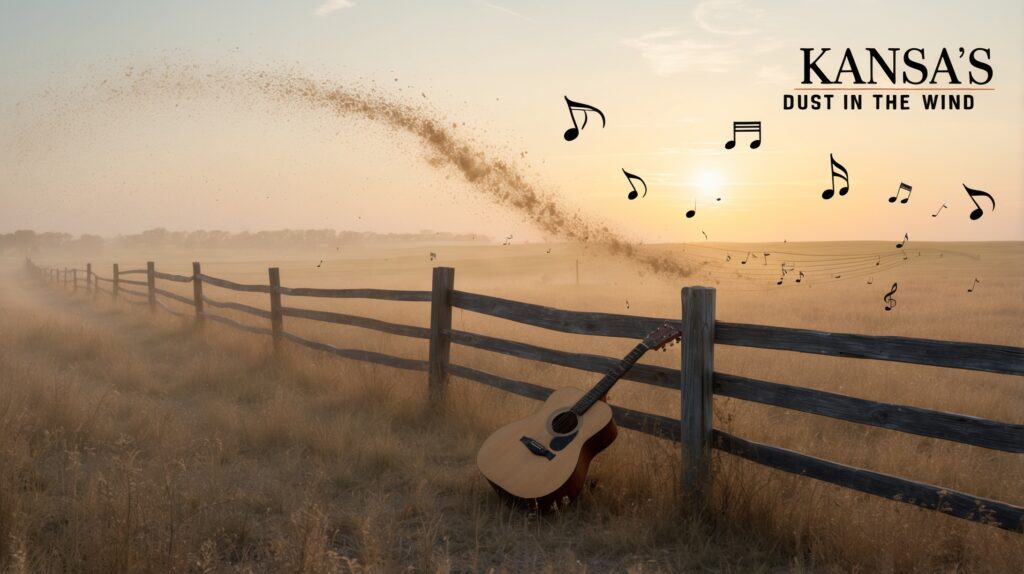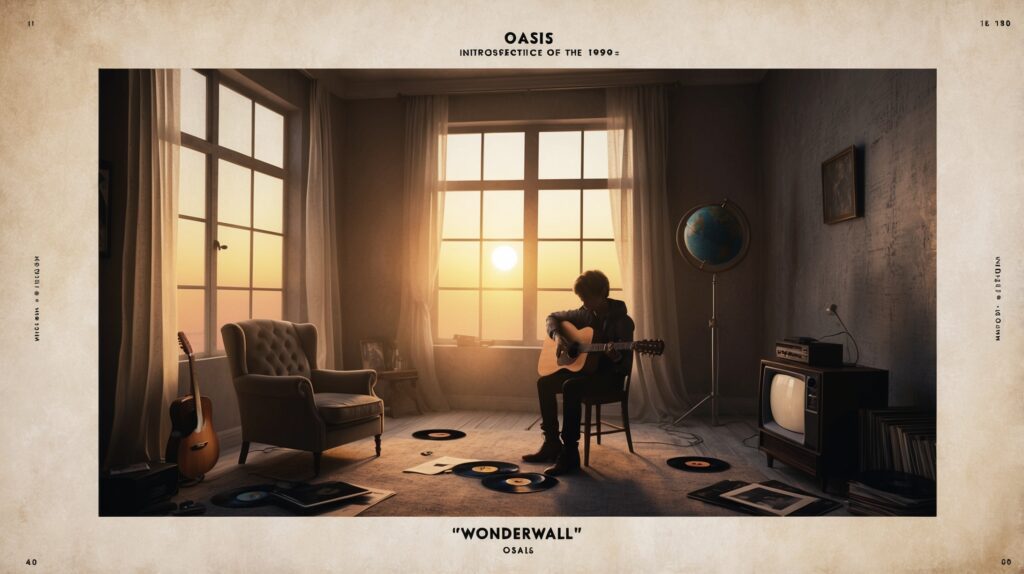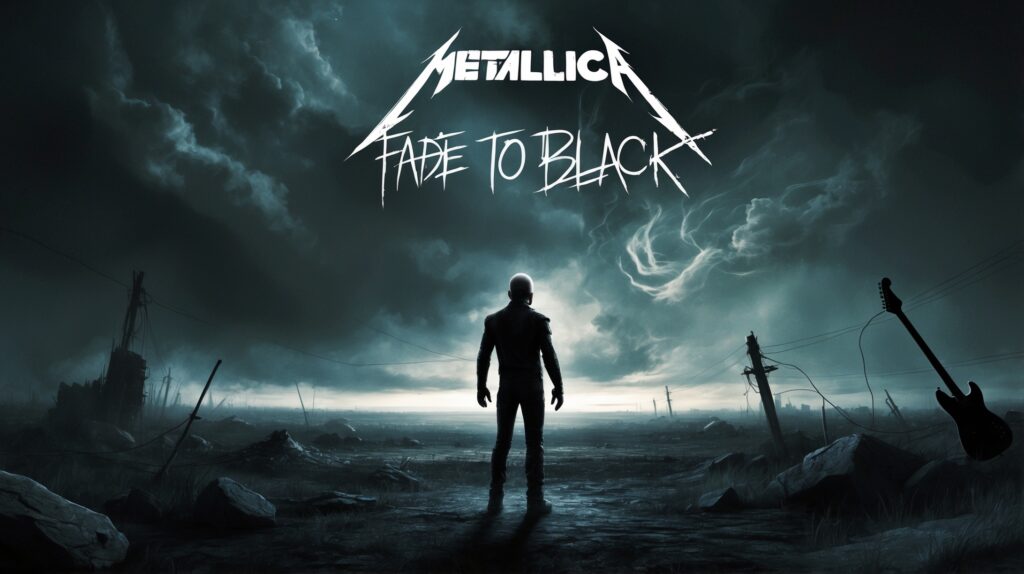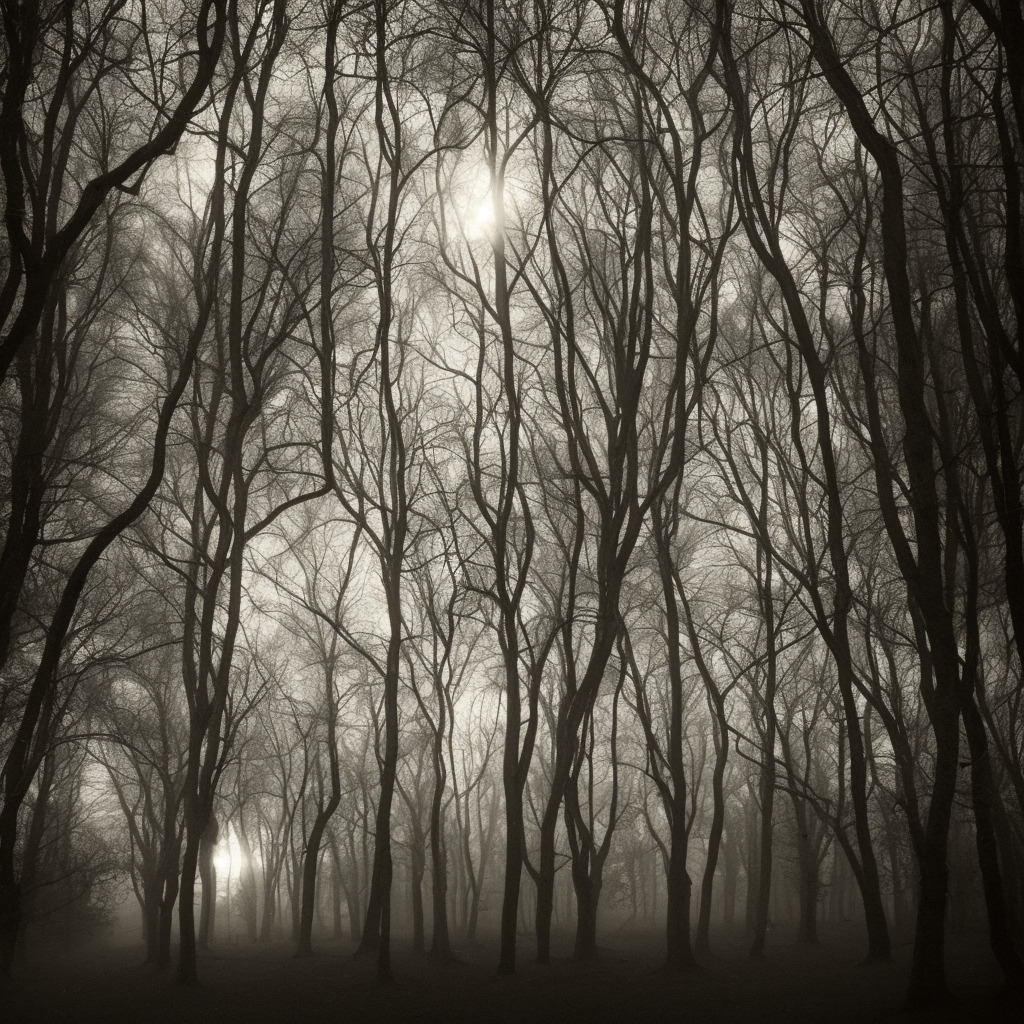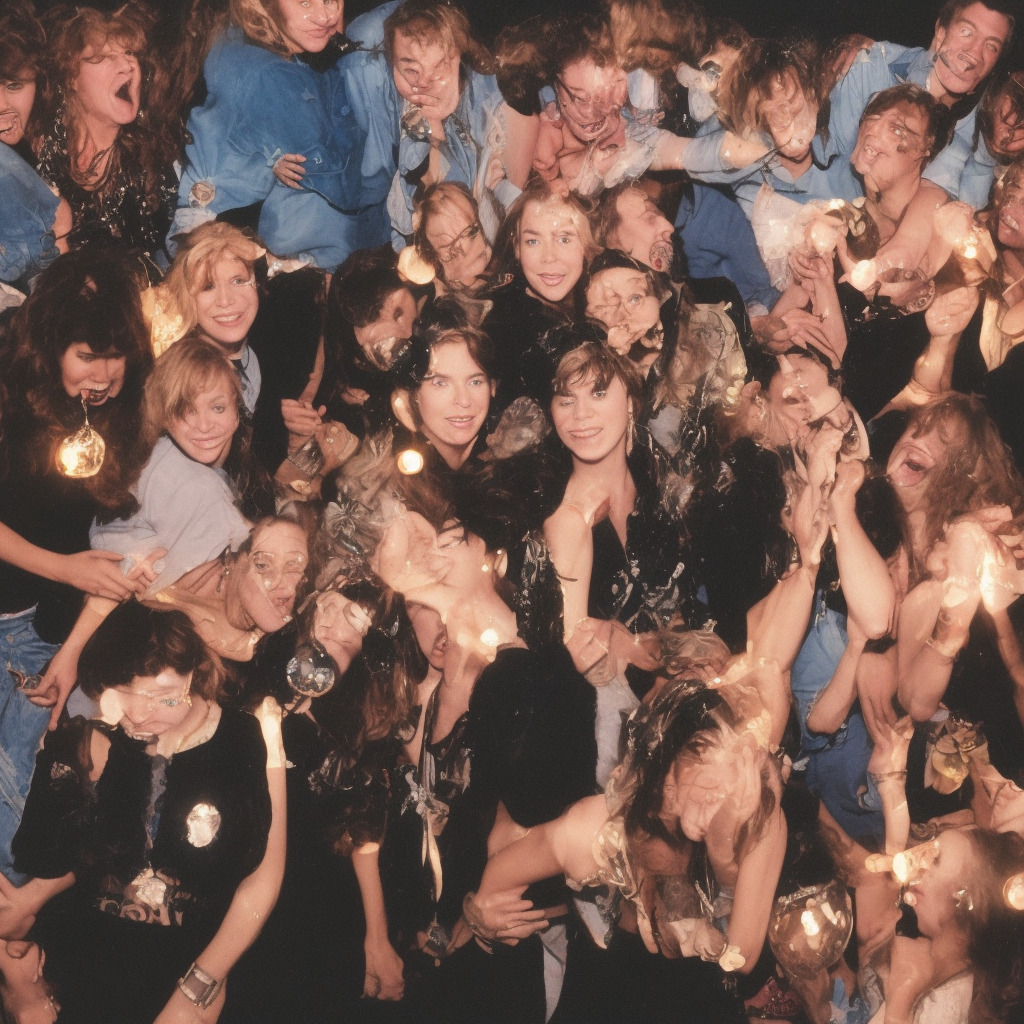🎶 Did you know? “Ask” by The Smiths was inspired by ’60s pop tunes! 🎸 With its catchy, jangly melody, it’s a love-filled anthem for the shy! 💕 Don’t hesitate, just #Ask! 😉 #TheSmiths #FunFact #MusicTrivia 🎵 Read about it: tinyurl.com/mr422h25
Unwrapping the Layers of The Smiths’ Iconic Tune
“Peeling back the timeless appeal of The Smiths’ ‘Ask’: a melodic anthem for communication and seizing life’s opportunities amid the band’s impactful legacy and controversies.”

When it comes to iconic bands with a profound impact on the music industry, one cannot overlook the British band The Smiths. Formed in 1982, the group consisted of frontman Morrissey, guitarist Johnny Marr, bassist Andy Rourke, and drummer Mike Joyce. Throughout their short-lived career, spanning over five years, The Smiths released four studio albums, all of which received critical acclaim and commercial success. Their unique sound – a blend of alternative rock, post-punk, and indie – has inspired countless musicians and bands in the decades that have followed.
Among their extensive catalog of impressive tunes, “Ask” remains one of the band’s most beloved and timeless tracks. Released in 1986 as a single from their compilation album “The World Won’t Listen,” “Ask” is a shining example of the band’s ability to craft catchy, melodic tunes that resonate with listeners. At its core, the song is an ode to the importance of communication and seizing the opportunities life has to offer. The song’s infectious chorus, “Shyness is nice, and shyness can stop you from doing all the things in life you’d like to,” highlights the band’s penchant for introspective and meaningful lyrics that are as relevant today as they were back in the ’80s.
Despite their undeniable talent and influence, The Smiths were not without their share of controversies and criticisms. The band members’ tumultuous relationships with one another eventually led to their demise in 1987. It’s also worth noting that Morrissey’s provocative and often polarizing statements throughout his career have created a fair share of division among fans and critics alike. However, these controversies have not overshadowed the impact and enduring legacy of their music.
Throughout their career, The Smiths were recognized with numerous awards and accolades, including NME’s “Greatest Album of All Time” in 1988 for “The Queen Is Dead.” In 2003, the same album was ranked 218th on Rolling Stone’s list of “The 500 Greatest Albums of All Time.” Additionally, the band has been nominated for several prestigious awards, including the Brit Awards and the Rock and Roll Hall of Fame, further cementing their place in music history.
There’s no denying that The Smiths remain a significant force in the world of alternative rock and indie music. Their thought-provoking lyrics, innovative sound, and memorable melodies continue to captivate new generations of listeners. While “Ask” is but one song in their remarkable discography, it stands as a genuine representation of the band’s undeniable contribution to the music landscape.
In the end, The Smiths, with their myriad of unforgettable songs, including “Ask,” paved the way for many musicians and bands that followed, and their legacy continues to be celebrated and appreciated by fans and critics alike.
Charting the Course of an Indie Anthem
“Ascension of an Indie Classic: The Smiths’ ‘Ask’ defies the odds, climbing charts internationally with its melodic prowess and tailor-made B-sides.”

The Smiths’ single “Ask” was released on October 20, 1986, showcasing the band’s melodic and lyrical prowess. Initially, the song entered the UK Singles Chart at a modest position of number 62. However, it steadily climbed the charts, finally reaching its peak position of number 14 on November 8, 1986. This made “Ask” the sixth of the band’s 10 songs to reach the UK top 20 singles.
Despite never achieving a top 10 chart position in the UK, “Ask” enjoyed a certain level of commercial success in other countries as well. In Ireland, the song reached number 17, whereas in the Netherlands, it stood at a respectable number 29. The single even managed to chart in the United States, peaking at number 22 on the Billboard Modern Rock Tracks chart in 1987.
An interesting tidbit about “Ask” and its chart journey is that it was released with different B-sides in the UK and the US. The UK version features the tracks “Cemetry Gates” and “Golden Lights,” while the US version replaces “Golden Lights” with “Shoplifters of the World Unite.” This made the single even more appealing to fans, as it provided a different listening experience on either side of the Atlantic.
Overall, while “Ask” may not have been a chart-topping phenomenon, it certainly left its mark as a beloved indie anthem. The song’s enduring popularity is evident from its inclusion in numerous compilation albums such as “The World Won’t Listen” (1987), “Louder Than Bombs” (1987), and “The Sound of The Smiths” (2008). This chart data speaks volumes about the single’s lasting impact within the realm of alternative and indie music.
Unraveling the Lyricism in Ask
Shyness is nice, and
Shyness can stop you
From doing all the things in life
You’d like to
So, if there’s something you’d like to try
If there’s something you’d like to try
Ask me, I won’t say no, how could I?
Coyness is nice, and
Coyness can stop you
From saying all the things in
Life you’d like to
So, if there’s something you’d like to try
If there’s something you’d like to try
Ask me, I won’t say no, how could I?
Spending warm summer days indoors
Writing frightening verse
To a buck-toothed girl in Luxembourg
Ask me, ask me, ask me
Ask me, ask me, ask me
Because if it’s not love
Then it’s the bomb, the bomb, the bomb, the bomb, the bomb, the bomb, the bomb
That will bring us together
Nature is a language, can’t you read?
Nature is a language, can’t you read?
So ask me, ask me, ask me
Ask me, ask me, ask me
Because if it’s not love
Then it’s the bomb, the bomb, the bomb, the bomb, the bomb, the bomb, the bomb
That will bring us together
The lyrics of “Ask” by The Smiths, released in 1986, is infused with the spirit of the time and reflects the essence of the mid-80s social climate. The song addresses the themes of shyness, coyness, and the desire to break free from self-imposed restrictions. Morrissey, the lead singer and lyricist, encourages listeners to take a chance and not let their inhibitions stop them from pursuing their desires.
The lyrics “Shyness is nice, and shyness can stop you from doing all the things in life you’d like to” and “Coyness is nice, and coyness can stop you from saying all the things in life you’d like to” touch on the idea that these qualities may be endearing but can hold people back from genuine connections and experiences.
The reference to “spending warm summer days indoors writing frightening verse to a buck-toothed girl in Luxembourg” sheds light on the struggles of maintaining relationships under the shadow of the Cold War, which was ever-present in the 80s. As the lyrics progress, Morrissey highlights the stark contrast between love and the looming threat of a nuclear bomb that could bring people together in an entirely different, catastrophic context.
Additionally, the lyrics “Nature is a language, can’t you read?” suggest the importance of understanding the natural world and our surroundings. This sentiment is reminiscent of the environmental movements of the 80s that called for greater awareness and care for the planet.
In conclusion, the lyrics of “Ask” by The Smiths capture the zeitgeist of the mid-80s – a time of social change, environmental awakening, and the ever-present tension of a world divided. As the lyrics encourage listeners to step out of their comfort zones and take a chance on love and life, they also serve as a reminder of the delicate balance between love, fear, and the external forces that shape our existence.
A Visual Feast: Unraveling the “Ask” Music Video
Unraveling the Enigma: Derek Jarman’s captivating visual interpretation of The Smiths’ classic “Ask” music video withstands the test of time, blending dream-like imagery with hope amidst chaos.
Since its release in 1986, the music video for “Ask” by The Smiths has become a classic among fans and music enthusiasts alike. Directed by Derek Jarman, a renowned avant-garde filmmaker, the video presents a unique and refreshing approach to the band’s music, capturing the spirit of the song with its distinctive visual elements.
Jarman, who had previously worked with The Smiths on their music video for “The Queen Is Dead,” was given free rein to create a visual interpretation of “Ask.” With a modest budget, he managed to create a captivating piece of art that has stood the test of time. The video features several memorable scenes, including a group of children dressed as soldiers, carrying flowers instead of weapons, and a woman wearing a gas mask while dancing with a scarecrow, symbolizing hope amidst chaos and destruction.
Shot in black and white, the music video adopts a dream-like quality, further emphasized by the use of slow-motion and an array of striking visual effects. Fans of The Smiths would be delighted to know that Morrissey and Johnny Marr both make cameo appearances in the video, adding to its charm and nostalgic appeal.
The production process of the “Ask” music video was not without its challenges. Due to the limited budget, Jarman and the crew had to be resourceful, opting for cheaper film stock and shooting in various locations around London, including the famous Greenwich Park. Despite these constraints, the team managed to craft a visually stunning and unforgettable music video that has undoubtedly left a lasting impact on the band’s legacy.
In the absence of an official music video for “Ask,” fans have taken it upon themselves to pay tribute to The Smiths’ classic track. YouTube is filled with a plethora of fan-created videos, ranging from lyric videos to montages of live performances and behind-the-scenes footage. These fan tributes continue to keep the spirit of “Ask” alive and further cement its status as an enduring classic in The Smiths’ discography.
Overall, the music video for “Ask” stands as a testament to Derek Jarman’s creativity and vision, and its impact on both The Smiths and the world of music videos cannot be overstated. As fans continue to cherish and revisit this classic piece of art, it will undoubtedly remain a beloved and significant part of the band’s rich history.
Exploring the Genius of Johnny Marr
Johnny Marr’s undeniable talent as a composer is on full display in The Smiths’ song “Ask.” As the band’s guitarist and co-songwriter, Marr has been instrumental in defining The Smiths’ unique sound. Aside from “Ask,” Marr has composed numerous other hits that have propelled the band to the forefront of the music industry. Notable tunes such as “This Charming Man” and “Heaven Knows I’m Miserable Now” showcase Marr’s ability to create memorable melodies and intricate guitar parts. His guitar work and mastery in creating evocative and catchy compositions have solidified Johnny Marr’s place as one of the most influential and revered musicians of his generation.
A Journey Through Time and Media
“Ask” by The Smiths: A timeless tune transcending decades, mediums, and genres, with countless covers and cameos paying homage to its catchy, unforgettable charm.
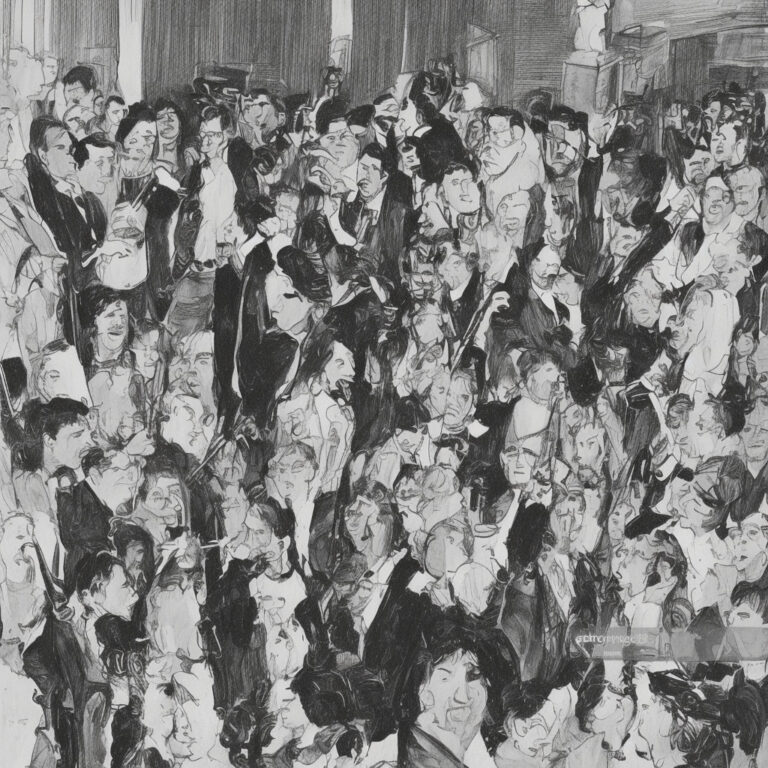
Ask’s timeless appeal and catchy melody have garnered it several awards and accolades throughout the years. Released in 1986 as a single, this delightful Smiths song climbed its way to the 14th spot on the UK Singles Chart. The track’s infectious energy has also captured music critics’ admiration—boosted by Stephen Street’s production finesse and the excellent B-sides “Cemetry Gates” and “Golden Lights,” which accompanied the initial release.
The song’s popularity didn’t go unnoticed by TV, movie, and video game producers. When it comes to television, “Ask” has been featured in episodes of popular shows like “Charmed,” where the song played in the background during the 2005 episode “Carpe Demon.” For movie appearances, it can be heard in the 2011 indie film “The Wedding Video,” adding a dash of classic ’80s charm to the movie’s soundtrack.
The world of video games has also embraced “Ask,” as it’s included in the critically acclaimed Rock Band 4 game, allowing players to experience the joy of performing the song in the shoes of The Smiths.
Ask’s enduring appeal has inspired various artists to take on the challenge of covering the song. In 2003, the British indie-pop duo The Lucksmiths released their delicate, acoustic rendition of the track. The song has also been given a fresh spin by American singer-songwriter Nada Surf, whose 2010 version showcases their distinctive guitar-driven alt-rock sound. Norwegian pop singer Annie, known for her electronic pop stylings and airy vocals, released her own interpretation of “Ask” in 2009, imbuing it with a dreamy, synthesized atmosphere.
With its appearances in different media forms and the growing collection of unique cover versions, “Ask” continues to leave an indelible mark on music history. Its catchy lyrics and upbeat melody stick with anyone who listens – a testament to The Smiths’ timeless songwriting prowess.
Breaking Down the Musical Elements
Diving into the technical side of “Ask,” we find that the song is written in the key of D Major, which lends itself to the cheerful and upbeat nature of the track. The main chord progression in the verses revolves around D, G, and A chords, which are the I-IV-V chords in the key of D Major. This progression is a classic in pop and rock music, contributing to the song’s catchy and familiar feel.
The tempo of “Ask” is set at a lively 144 beats per minute (BPM), providing the listener with an energetic and danceable rhythm. The 4/4 time signature further complements this pace, keeping the song grounded in a familiar and accessible structure for the audience. Drummer Mike Joyce’s dynamic drumming style, with its mix of snare, tom-tom fills, and hi-hat work, adds to the song’s infectious beat.
The guitar work by Johnny Marr is another defining aspect of “Ask.” Marr employs a combination of jangly arpeggios and melodic riffs, creating a rich and engaging texture. His use of chorus and reverb effects adds a certain depth to the sound, making it feel expansive and lush. The interplay between Marr’s guitar and Andy Rourke’s bass is also noteworthy, as they play off each other to create a solid harmonic foundation for Morrissey’s vocals.
Speaking of vocals, Morrissey’s performance on “Ask” is characteristically emotive and expressive. His vocal melody follows the chords closely, with occasional leaps and embellishments that add interest and variety. The backing vocals, provided by Kirsty MacColl, add another layer to the song’s already lush sound. MacColl’s harmonies blend seamlessly with Morrissey’s voice, further enhancing the uplifting mood of the track.
Lyrically, “Ask” is a reflection on the importance of overcoming shyness and fear of rejection, a theme that resonates with many listeners. The lyrics are both relatable and clever, with lines like “Shyness is nice, and shyness can stop you from doing all the things in life you’d like to” showcasing Morrissey’s wit and ability to connect with his audience.
Overall, the combination of the song’s upbeat tempo, catchy chord progression, engaging guitar work, and emotive vocals results in a memorable and infectious track that stands out in The Smiths’ discography. “Ask” is a testament to the band’s exceptional musicianship and songwriting prowess, and its intricate musical elements continue to captivate listeners even decades after its release.



